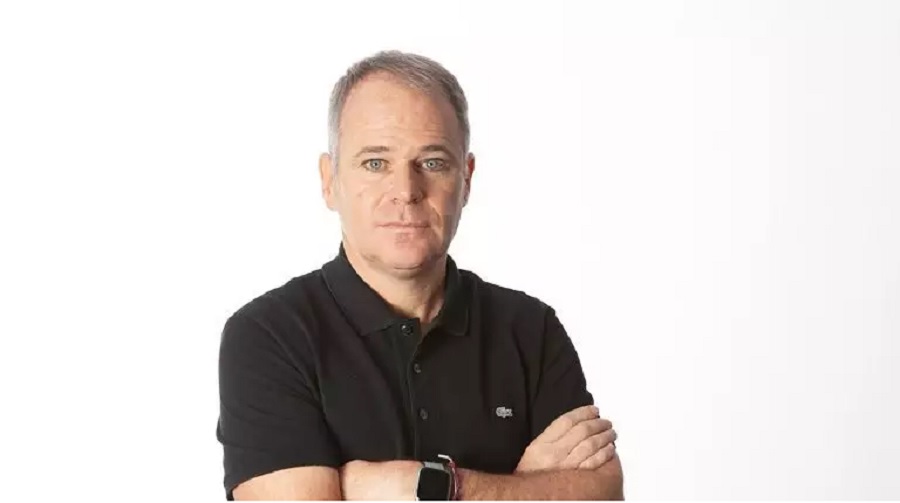RIO DE JANEIRO, BRAZIL – In the promising Brazilian market of startups, there is a niche that attracts the special interest of experienced investor Paulo Humberg.
Creator of Shoptime, he founded 17 years ago the management company KPTL, which has invested in more than 100 startups and has more than R$1 billion (US$175 million) under management. In recent years, Humberg has dedicated himself to understanding and breaking into the real estate market.

That is why he has partnered up with KeyCash, a startup specializing in real estate loans. In the last four months, the company approved R$90 million in secured real estate loans and has ambitious plans for the next four years: to reach R$1 billion.
Demand seems to be there: in a few months offering credit on its website, without marketing campaigns, KeyCash received demand equivalent to R$2 billion. “We are quietly moving towards becoming a unicorn,”says Humberg. To accelerate expansion, the company without marketing campaigns is negotiating a fundraising round of an undisclosed amount.
The company was created in 2018 by a pair of experienced entrepreneurs. Clarissa Vieira left the data analytics leadership at consultancy Ernst&Young. Alessandro Silva stayed for 12 years at the largest player in online real estate in the country, the Zap Viva Real group.
Clarissa had experience with data, but saw opportunities in the market for personal reasons: she was getting rid of a property and felt the hardship. Silva, in turn, wanted to create a business that acted on broader fronts than online classifieds. “The journey of choosing a property takes up to three years, and the big portals only participate in the last six months, when the client already knows where he wants to live and his creditworthiness,” he says.
Offering credit was in the plans from the start, but the first steps were more, let’s say, traditional: buying, remodeling, and selling apartments in upper middle class neighborhoods in São Paulo. KeyCash bought and sold about 50 properties. The venture brought a lot of learning but also a lot of inconveniences. The business has a complex cash flow and a difficult scale of expansion.
Gradually, the entrepreneurs realized that it made more sense to take the foot off the reforms and bet once and for all on credit. The company still has a stock of six apartments, but in the last two years has invested heavily in technology and data to reduce the asymmetry of information between buyer and seller prevailing in this market. “The challenge is to give the price of the property in seconds, with minimal margin of error,” says Clarissa.
Technology, the entrepreneurs say, is transforming a market that is still traditional in the country, although, like all others, it has been transformed by the pandemic. Brazil has about 50,000 real estate agents and 200,000 brokers. They make more than R$600 billion worth of real estate change hands every year. There is huge opportunity in taking this market online, and even greater potential to expand the supply of credit in transactions.
The credit market for individuals in Brazil is about R$2 trillion. But the mortgage market is equivalent to only 9% of the GDP in the country, compared to 26% in Chile, 48% in the United States and up to 96% in Germany. According to KeyCash’s entrepreneurs, real estate credit will naturally take the share of other modalities, such as payroll loans. The logic is that a growing group of customers will prefer to give the property as collateral for lower interest rates – the average rate is 1% per month, 27% cheaper than consigned loans, according to KeyCash.

The startup can reduce rates (and risks) by knowing the market in depth. The approval process starts online, but goes through an inspection of the property made by a network of 1,000 brokers partners. “Brazil has R$6 trillion of real estate paid off, and it’s tied up money – offering 10% of that in credit could move the economy,” says Humberg. “It doesn’t make sense for you to be sitting on R$1 million instead of getting the economy rolling.”
Naturally, competition will grow in this market. On one side, you will have proptechs like Fifth Floor and Loft, more traditional credit companies, startups like Creditas, and the super-apps, which increasingly offer financial services. For the entrepreneurs at the head of KeyCash, there is room for more than one winner in this market, and the smart use of data tends to be a big differentiator.
“It’s not enough to look at the credit score. You have to understand real estate,” says Clarissa.
Source: Exame

